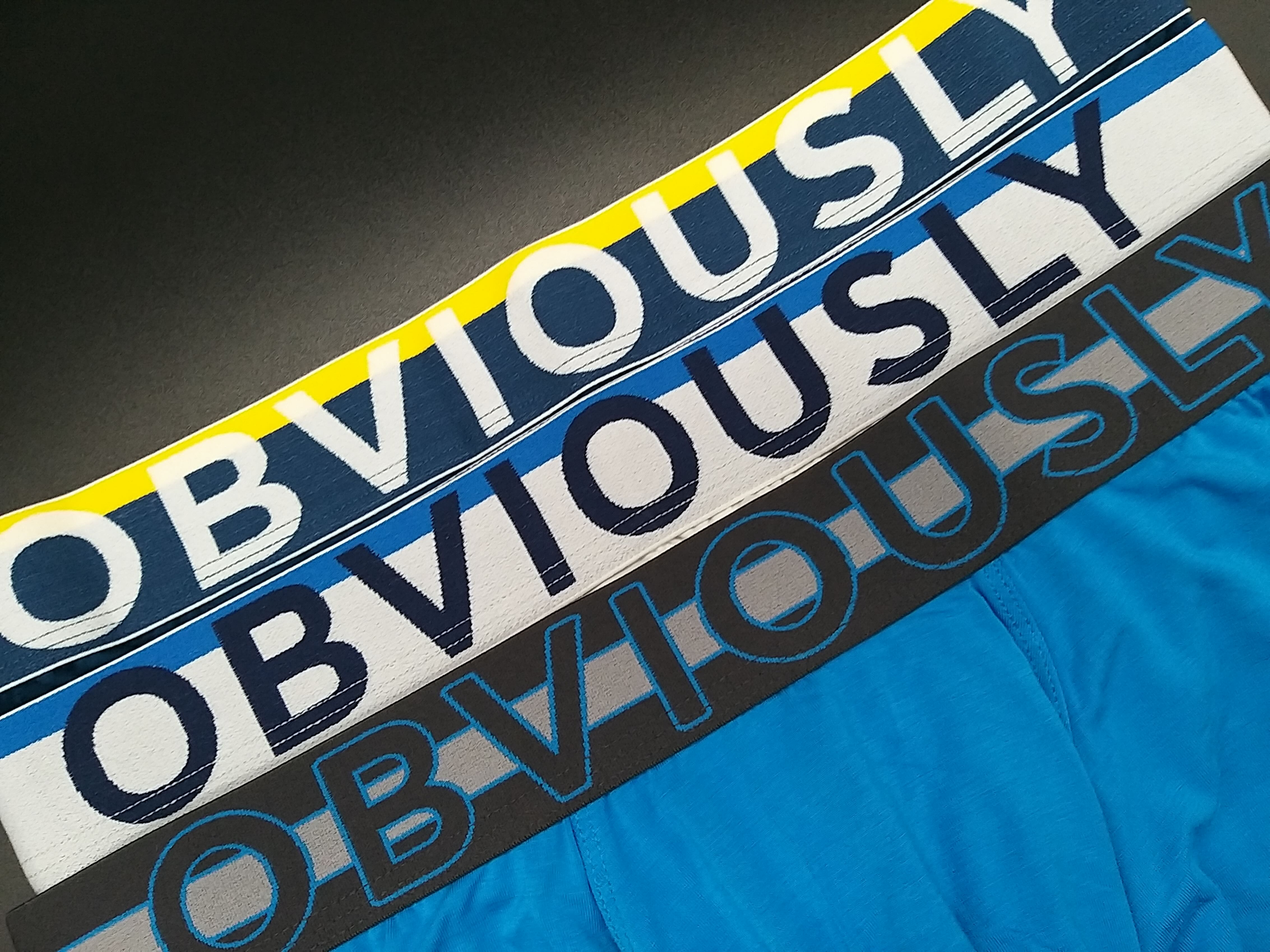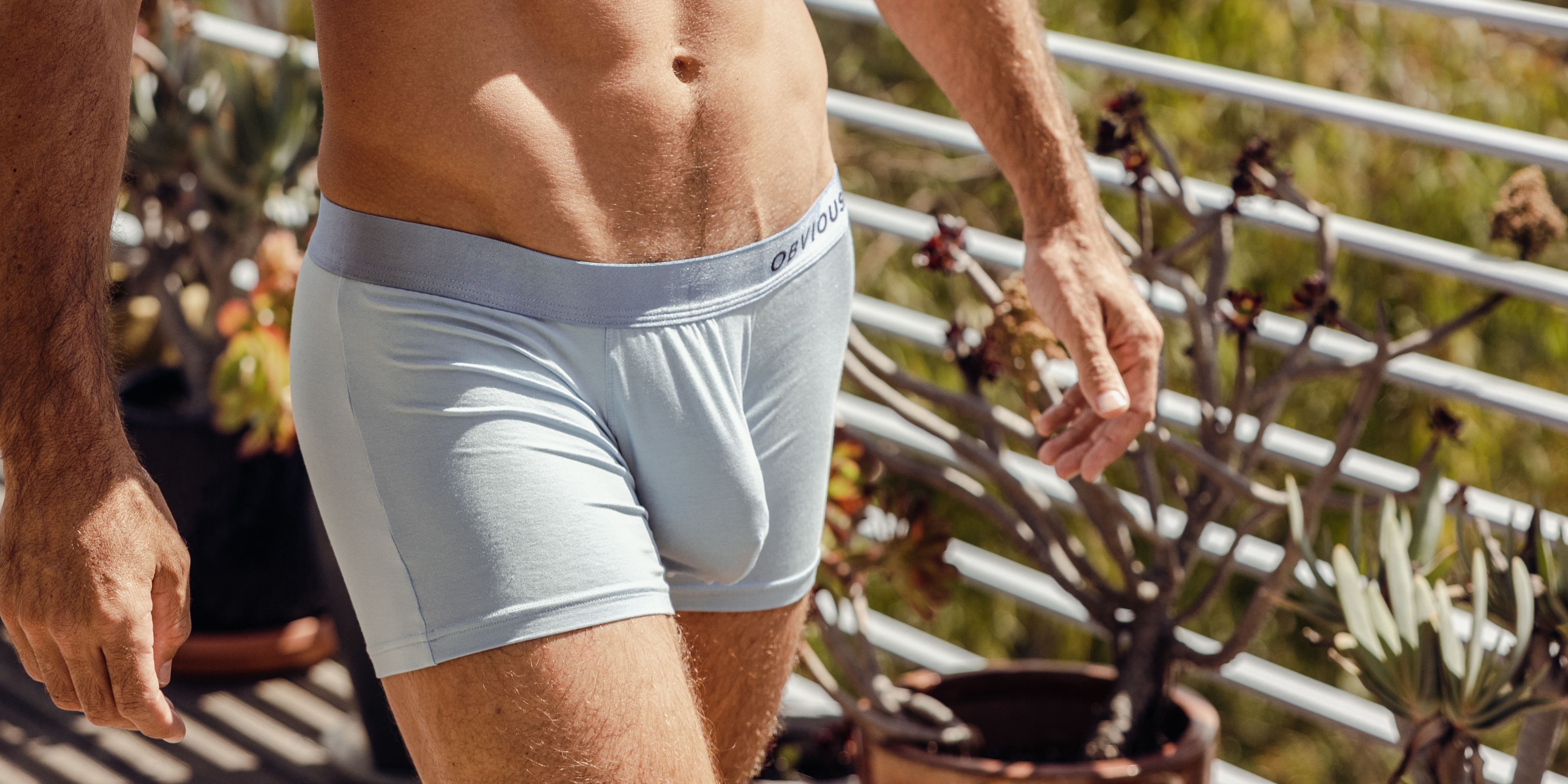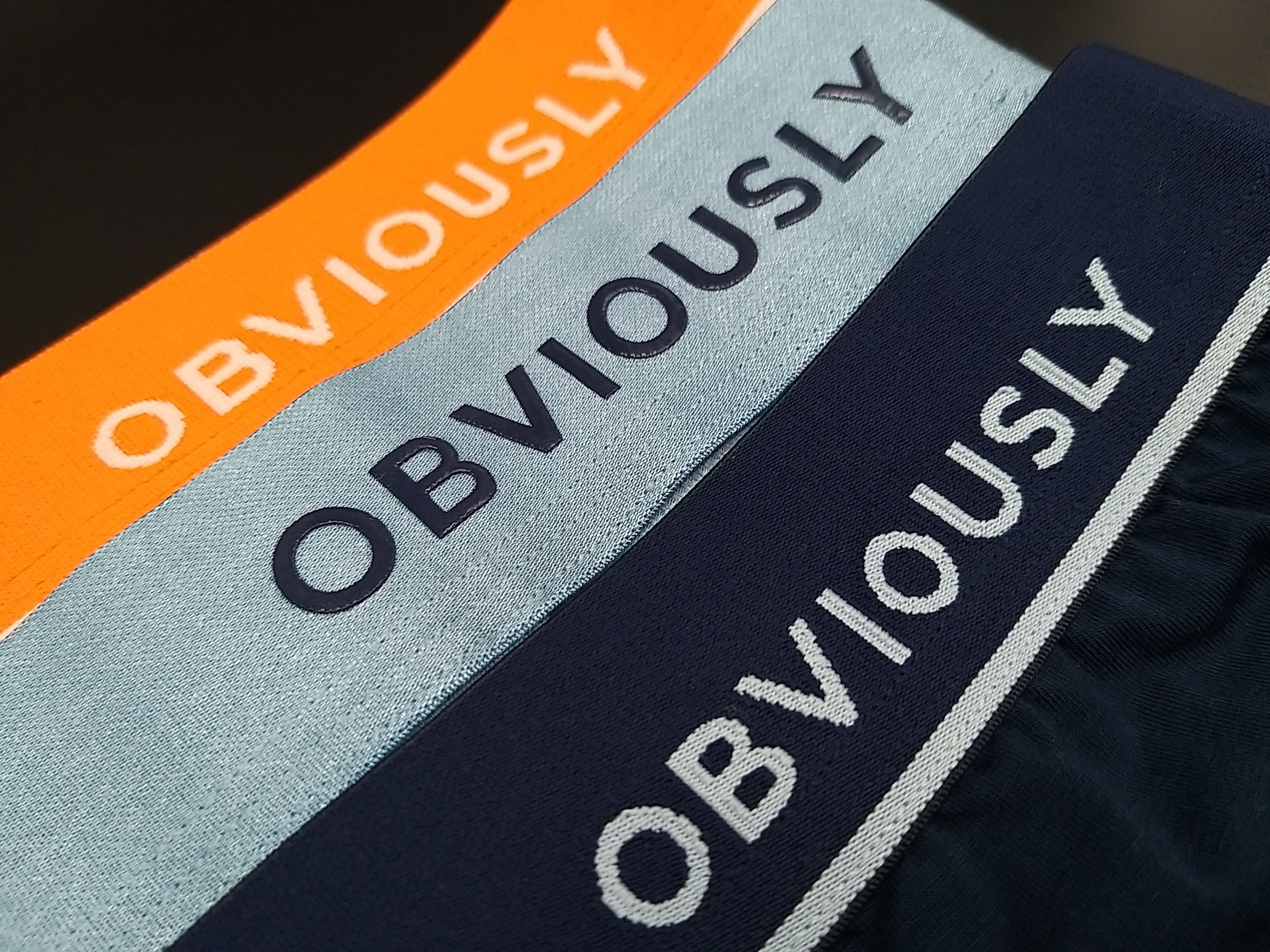
Bamboo vs Cotton: Which Fabric Is Better?
When it comes to making sustainable choices, every decision counts. In the world of textiles, the choice between bamboo and cotton fabrics has become a hot topic for eco-conscious consumers. Both materials have their unique qualities and environmental impacts. In this article, we will delve into the debate of bamboo vs cotton, exploring the benefits and drawbacks of each fabric. By the end, you'll have a clearer understanding of which fabric is better for both you and the planet.
Bamboo vs Cotton Which Is Better In Terms Of Sustainability?
Bamboo is often touted as a more sustainable option due to its rapid growth and minimal need for pesticides or fertilizers. It is a highly renewable resource that can be harvested without killing the plant, making it a more sustainable choice in terms of resource usage. Additionally, bamboo has a remarkable ability to absorb carbon dioxide and release oxygen, making it beneficial for air quality and reducing greenhouse gas emissions.
On the other hand, cotton production has a significant environmental footprint. Conventional cotton farming relies heavily on water-intensive irrigation and the use of pesticides and insecticides, which can have detrimental effects on ecosystems and human health. However, there are sustainable cotton farming practices, such as organic and regenerative farming, that aim to minimize these negative impacts.
How Does Bamboo Compare To Cotton In Terms Of Comfort?
In terms of comfort, bamboo fabric has various advantages over cotton. The luscious smoothness of bamboo fabric is one of its most notable characteristics. It has a smooth and silky texture that is very mild on the skin. As a result, bamboo clothing and bedding are popular among individuals seeking maximum comfort.
Bamboo fabric also offers remarkable moisture-wicking characteristics. It can swiftly absorb and release moisture, keeping the body cool and dry. This is especially useful for clothing, towels, and bedding, as it reduces the discomfort caused by perspiration and moisture buildup.
Bamboo cloth is also extremely breathable, providing for improved airflow and ventilation. This aids in the regulation of body temperature and the prevention of overheating. Additionally, bamboo fabric has inherent thermo-regulating capabilities, which means it can keep you cool in hot weather and warm in cold weather. Because of its adaptability, bamboo is an excellent choice for a variety of climates and seasons.
How Does Bamboo Compare To Cotton In Terms Of Durability?
Cotton is known for its strength and durability. It is a natural fiber that can withstand regular wear and tear, making it suitable for everyday use. Cotton fabrics, especially those with a higher thread count, tend to be more durable and less prone to pilling or fraying. However, it is worth noting that the durability of cotton can vary depending on the quality of the fabric and the specific weave.
Bamboo fabric may not be as inherently durable as cotton. Bamboo fibers are generally softer and more delicate, which can make them more susceptible to damage if not properly cared for. However, bamboo fabric can still be durable if it is woven tightly and made with high-quality fibers. Additionally, bamboo fabric can retain its strength and shape over time if it is well-maintained and not subjected to excessive stretching or rough handling.
Is Bamboo Fabric More Expensive Than Cotton?
The cost of bamboo fabric compared to cotton can vary depending on various factors such as the quality of the fabric, the manufacturing process, and the specific brand or retailer. In general, bamboo fabric tends to be slightly more expensive than cotton.
There are a few reasons for the higher price of bamboo fabric. Firstly, the production process of bamboo fabric involves additional steps such as extracting cellulose from bamboo, processing it into fibers, and then spinning those fibers into yarn. These extra steps contribute to the higher production costs.
Secondly, bamboo fabric is often associated with sustainable and eco-friendly practices. This can include organic cultivation, responsible harvesting, and environmentally friendly manufacturing processes. These sustainable practices can add to the overall cost of producing bamboo fabric.
Additionally, the demand for bamboo fabric has been increasing due to its eco-friendly reputation and desirable properties. Higher demand can drive up the price of bamboo fabric compared to cotton.
Is Bamboo Fabric Softer Than Cotton?
Yes, bamboo fabric is generally considered to be softer than cotton. Bamboo fibers have a smooth and silky texture that feels incredibly gentle against the skin. This luxurious softness is often compared to that of cashmere or silk. In contrast, cotton fabric can be soft as well, but it typically has a slightly rougher texture compared to bamboo. The softness of the bamboo fabric makes it a popular choice for clothing, bedding, and other textiles where comfort is a priority.
Does Bamboo Fabric Require Special Care Compared To Cotton?
Yes, bamboo fabric does require some special care compared to cotton. While cotton fabric is generally more forgiving and can withstand regular washing and drying, bamboo fabric is more delicate and requires gentler treatment. It is recommended to wash bamboo fabric on a gentle cycle with cold water and mild detergent to prevent damage or shrinkage. Avoid using bleach or harsh chemicals that can weaken the fibers. Additionally, the bamboo fabric should be air-dried or dried on a low-heat setting to prevent excessive shrinkage or wrinkling. Following these care instructions will help maintain the quality and longevity of the bamboo fabric.
Does Bamboo Fabric Have More Stretch Than Cotton?
Bamboo fabric generally has more stretch than cotton. Bamboo fibers have a natural elasticity that allows the fabric to stretch and recover its shape. This stretchiness provides a comfortable and flexible fit, making bamboo fabric ideal for activewear, loungewear, and garments that require ease of movement. On the other hand, cotton fabric has less inherent stretch and tends to be more rigid. While cotton can have some degree of stretch depending on the specific weave or blend, it typically does not offer the same level of elasticity as bamboo fabric.
Is Egyptian Cotton Any Different Than Regular Cotton When Compared To Bamboo?
Yes, Egyptian cotton is different from regular cotton when compared to bamboo. Egyptian cotton is known for its exceptional quality and luxurious feel. It is grown in Egypt's Nile River Valley and is renowned for its long staple fibers, which are longer and finer than those of regular cotton. This results in a softer and more durable fabric. However, in terms of sustainability and environmental impact, both Egyptian cotton and regular cotton share similar concerns. They require significant water and pesticide use during cultivation, which can have negative effects on ecosystems and human health.
In contrast, because of its quick growth, low resource needs, and inherent pest resistance, bamboo fabrics are frequently regarded as being more environmentally friendly. Additionally, bamboo textiles have special qualities including breathability, suppleness, and moisture-wicking capacity. As a result, even though Egyptian cotton may feel and look better than ordinary cotton, eco-conscious shoppers frequently choose bamboo fabric because of its appealing qualities and sustainability.
What Are The Advantages Of Bamboo Over Cotton?
Sustainability
Bamboo is highly sustainable due to its rapid growth and minimal resource requirements. It can be harvested in just a few years compared to the several months it takes for cotton to grow. Additionally, bamboo requires less water, pesticides, and fertilizers, reducing its environmental impact.
Softness and Comfort
Bamboo fabric is known for its luxurious softness and smooth texture. It has a natural sheen and drapes well, providing a comfortable and pleasant feel against the skin. This makes bamboo clothing and bedding a popular choice for those seeking comfort.
Moisture Absorption and Breathability
Bamboo fibers have excellent moisture-wicking properties, absorbing and evaporating moisture quickly. The absorbent elements help to keep the body cool and dry, making it ideal for activewear, towels, and bedding. The breathability of bamboo fabric also allows for better airflow, reducing the risk of odors and bacteria growth.
Temperature Regulation
Bamboo fabric has natural thermo-regulating properties, meaning it can help keep you cool in hot weather and warm in cold weather. This makes it a versatile choice for various climates and seasons.
Antimicrobial Properties
Bamboo contains a natural antimicrobial agent called bamboo kun, which helps to inhibit the growth of bacteria and fungi. This makes bamboo fabric naturally resistant to odors and allergens, making it a great option for those with sensitive skin or allergies.
Environmental Impact
Bamboo plantations have a positive impact on the environment as they absorb more carbon dioxide and release more oxygen compared to cotton plants. Additionally, bamboo is biodegradable, meaning it can break down naturally without causing harm to the environment.
Overall, the advantages of bamboo, including its sustainability, softness, moisture-wicking properties, temperature regulation, antimicrobial properties, and positive environmental impact, make it a compelling choice for those seeking eco-friendly and comfortable fabrics.

Conclusion
In conclusion, the debate between bamboo and cotton fabrics has shed light on the considerations of sustainability, comfort, durability, and care. While both materials have their advantages and disadvantages, bamboo fabric stands out as a more sustainable choice due to its rapid growth, minimal resource requirements, and positive environmental impact. Bamboo fabric also offers exceptional softness, moisture-wicking properties, breathability, and temperature regulation, making it a comfortable and versatile option. However, cotton fabric remains a durable and widely available choice, especially when considering factors such as strength and longevity. Ultimately, the decision between bamboo and cotton fabric depends on individual preferences, values, and priorities. By understanding the characteristics and implications of each fabric, eco-conscious consumers can make informed choices that align with their desire for sustainable and eco-friendly products.
Final Thoughts
Discover a new level of comfort with Obviously Apparel. We pride ourselves on delivering excellence in every aspect of our underwear, from the handpicked bamboo and micromodal materials to the intricate design that anticipates your every demand. Whether you're constantly on the go or pushing your limits during workouts, our sumptuous underwear ensures an unparalleled experience of pure indulgence. Choose to embrace Obviously Apparel and enjoy a lifetime of unrivaled comfort and sophistication.
Sources
- https://www.life.ca/naturallife/0904/bamboo_textiles.htm
- https://www.sciencedirect.com/topics/engineering/cotton-fibre
- https://www.frontiersin.org/articles/10.3389/fpls.2022.958066/full
- https://www.sciencedirect.com/topics/engineering/bamboo-fiber
- https://www.cottonegyptassociation.com/about-egyptian-cotton/




